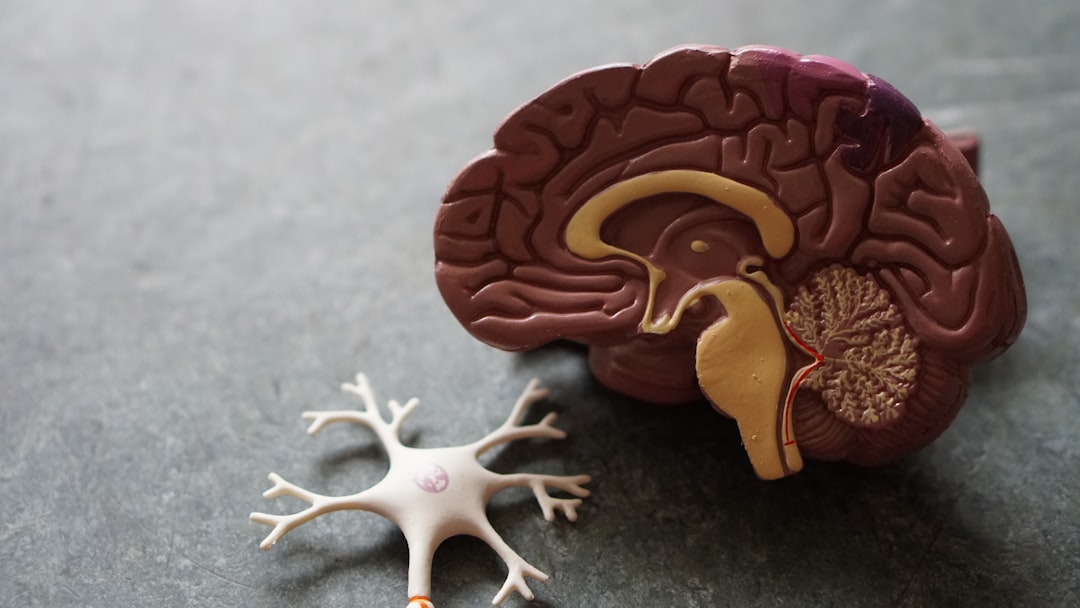What is it about?
Medical respite programs provide a safe place for people experiencing homelessness to recover from an acute illness or injury. Many patients in respite programs have experienced a traumatic brain injury (TBI) that impedes their ability to complete the self-management tasks necessary to recover from an acute medical condition. Patients with brain injuries may also have behavioral problems that are difficult to manage in a medical respite setting. OBJECTIVE:This paper describes the experiences of one medical respite program in screening, assessing, and treating patients experiencing homelessness who have traumatic brain injuries. METHODS:Services by clinical providers were tailored to better address needs of those with a history of TBI, as well as implementation of environmental modifications. Two retrospective case studies were completed to illustrate the importance of addressing TBIs in respite programs. RESULTS:Modifications to programming can improve patient outcomes and assist in transitioning patients to appropriate community resources. CONCLUSIONS:Identifying and treating patients with TBIs in respite programs can result in long-term positive benefits for patients.
Featured Image
Read the Original
This page is a summary of: A clinical description of strategies to address traumatic brain injury experienced by homeless patients at Baltimore’s medical respite program, Work, February 2020, IOS Press,
DOI: 10.3233/wor-203083.
You can read the full text:
Contributors
The following have contributed to this page










